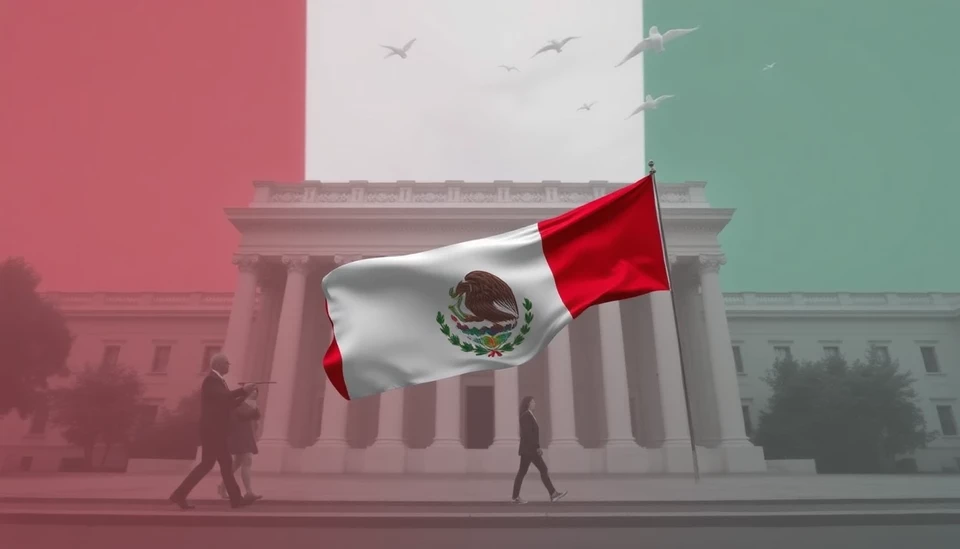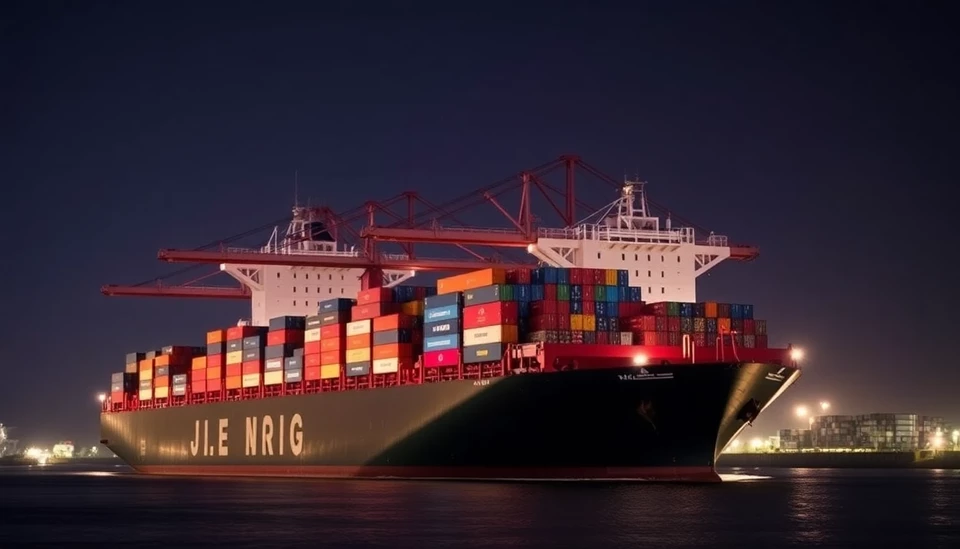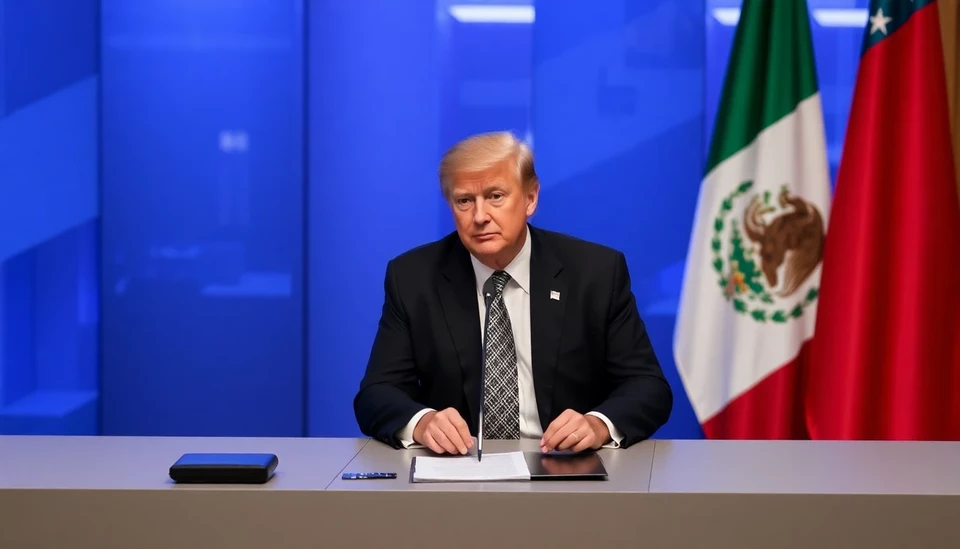
As the clock ticks down to the potentially impactful decision regarding the imposition of new tariffs by the Trump administration, Mexico's leaders are expressing optimism. Claudia Sheinbaum, the Mayor of Mexico City, conveyed her confidence that the 25% tariffs proposed by former President Donald Trump would not come into effect on February 1st, a deadline that many businesses and government officials have been eyeing with apprehension.
Sheinbaum's remarks came during a press conference where she addressed concerns surrounding the U.S.-Mexico trade relationship. With a wealth of trade and economic ties between the two nations, the specter of these tariffs looms large over various industries, particularly those reliant on cross-border commerce.
Trump's tariffs, first announced during his previous administration, were seen as a strategic measure aimed at what he termed “fair trade.” The concerns among Mexican officials, including Sheinbaum, stem not only from the economic implications but also from the disruption these tariffs could cause to the existing trade agreements that have been integral to both countries' economies.
The Mayor emphasized that her administration has been in close contact with both Mexican and American trade representatives, aiming to mitigate the risks associated with such tariffs. "We are very hopeful that a resolution can be reached," she stated, underscoring the importance of dialogue in navigating the challenges posed by changing U.S. policies.
While speculative media reports had suggested that tariffs would once again enter the fray, Sheinbaum insisted that a collaborative approach will prevail. The administration's proactive stance in aligning with industry leaders also aims to bolster the encouraging outlook regarding trade continuity.
The political backdrop adds another layer of complexity to the unfolding trade discussions, especially with the U.S. approaching an election season. Analysts suggest that political considerations may influence the timing and application of any tariffs, leading many to believe that the current administration could be swayed by the economic consequences of such a decision.
For now, Mexico remains steadfast in its anticipation that an agreement will be reached—a sentiment echoed throughout various sectors that have much at stake. The solidarity among the business community and government leaders in Mexico is indicative of their shared resolve to prevent economic fallout that could arise from these tariffs.
As February 1st approaches, the spotlight will remain on trade discussions, with Sheinbaum and other officials closely monitoring developments. The broader implications of the proposed tariffs extend beyond immediate economic impacts, touching upon potential shifts in diplomatic relationships and long-term trade agreements between the neighboring countries.
In conclusion, while uncertainty looms, Mexico’s administration is working diligently to maintain a strong and sustainable trade connection with the U.S., hoping to steer clear of punitive tariffs that could hinder economic progress.
#Mexico #Sheinbaum #TrumpTariffs #TradeRelations #Economy #USMexicoTrade #TariffConcerns #TradePolicy
Author: Daniel Foster




